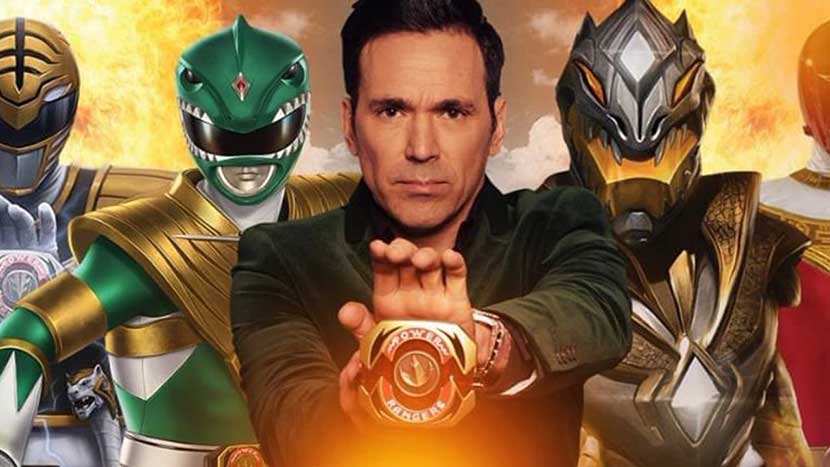
Business enterprises are exposed to certain risks the moment they get off the ground. That makes it critical to have appropriate and adequate insurance in place. A small business could have been wiped out by any unexpected occurrence before it even has a chance to start.
Thankfully, small and medium-based enterprises (SMEs) and large organizations have access to a range of casualty insurance products that offer sufficient coverage for their business needs.
What is casualty insurance?
Casualty insurance helps safeguard your business from liability in the event of mishaps, like an injury to a customer due to using your product or service. It is a category of insurance that is broad enough to have several liability coverages.
Depending on the business, you should choose casualty insurance liability coverage offered by a reliable insurance company. Workers’ compensation insurance or employers’ liability insurance is one of the important types of casualty insurance for companies that safeguard a business from liabilities that arise when an employee is injured at work. The other essential liability classes include operations liability, umbrella liability, public or premises operations liability, and more.
You can also policies are also available for employee theft, cyber fraud, and identity theft. Also, check whether your insurance covers your website if you conduct the majority of your business online. If your business relies on computer systems, you have to consider having a separate insurance cover for computers.
Casualty insurance coverage is vital for business owners, for there is a chance that something you produce might cause harm to someone. It’s a good idea to have industry-specific insurance even if you operate as a sole proprietor. For instance, a freelance automobile mechanic will probably not need workers’ compensation insurance, but the insurance coverage to protect him or her in the event of any injury to a client due to a repair you made.
Know different types of casualty insurance products
A few of the common casualty insurance liabilities are:
- Completed Operations or Product Liability
Having product liability insurance can safeguard your company from lawsuits alleging that a product you manufactured or sold injured a third party or damaged their property.
If your company sells products, you run the risk of a defect resulting in injuries or property damage to third parties. For instance, a customer purchases a power tool from your company. The customer gets injured when using the tool, which has a manufacturing defect, and he or she files a complaint for the damage.
Who needs Product Liability coverage?
The industries that can benefit from this type of coverage include:
- Light and heavy industrial units
- Manufacturers
- Services like hotels and banks
- Wholesale, retail, and distribution businesses
The product liability covers manufacturing defects, consequential loss of use, improper warning, product recall expenses, and legal expenses. You can purchase this insurance product as a stand-alone policy tailored to your business needs. Moreover, it also offers a large capacity limit.
- Public or General Liability
General liability insurance (GLI) is also referred to as business liability insurance or public liability insurance. This coverage type aids in safeguarding your company from claims for compensation for damage caused to property or bodily injuries to third parties. Through tailor-made liability insurance solutions and regional or international risk management programs, it provides broader insurance coverage to businesses. The coverage includes:
- Bodily injury
This policy can assist in paying medical expenses if a customer gets injured in your business establishment.
- Damage to reputation
Policies for general liability offer coverage for libel, slander, wrongful eviction, malicious prosecution, and invasion of privacy.
- Property Damage
When providing goods or services to customers, employees sometimes cause damage to customers’ property. With a GL policy, you cover the costs.
- Damage to rented premises
Your general liability insurance can help cover the cost of repairs if your rented business property is damaged by lightning, fire, or an explosion.
- Advertising Injuries
A general liability policy covers claims for compensation for copyright infringement.
You can have public liability coverage as a stand-alone policy with wider coverage and a longer list of endorsements.
- Workers’ Compensation Liability
With workers’ compensation insurance, your employees can receive benefits if they are injured at work or fall ill as a result of their work. Under the Work Injury Compensation Act, employers are required to have insurance for:
- All workers engaged in manual work
- All non-manual employees with SGD 2600 or less monthly earning
The coverage includes medical expenses, disablement, hospitalization leave, outpatient leave, and accidental death (non-occupational).
In conclusion, you do not know when incidents occur, so having a flexible yet complete casualty insurance cover is essential to strengthening your risk-management strategies.


